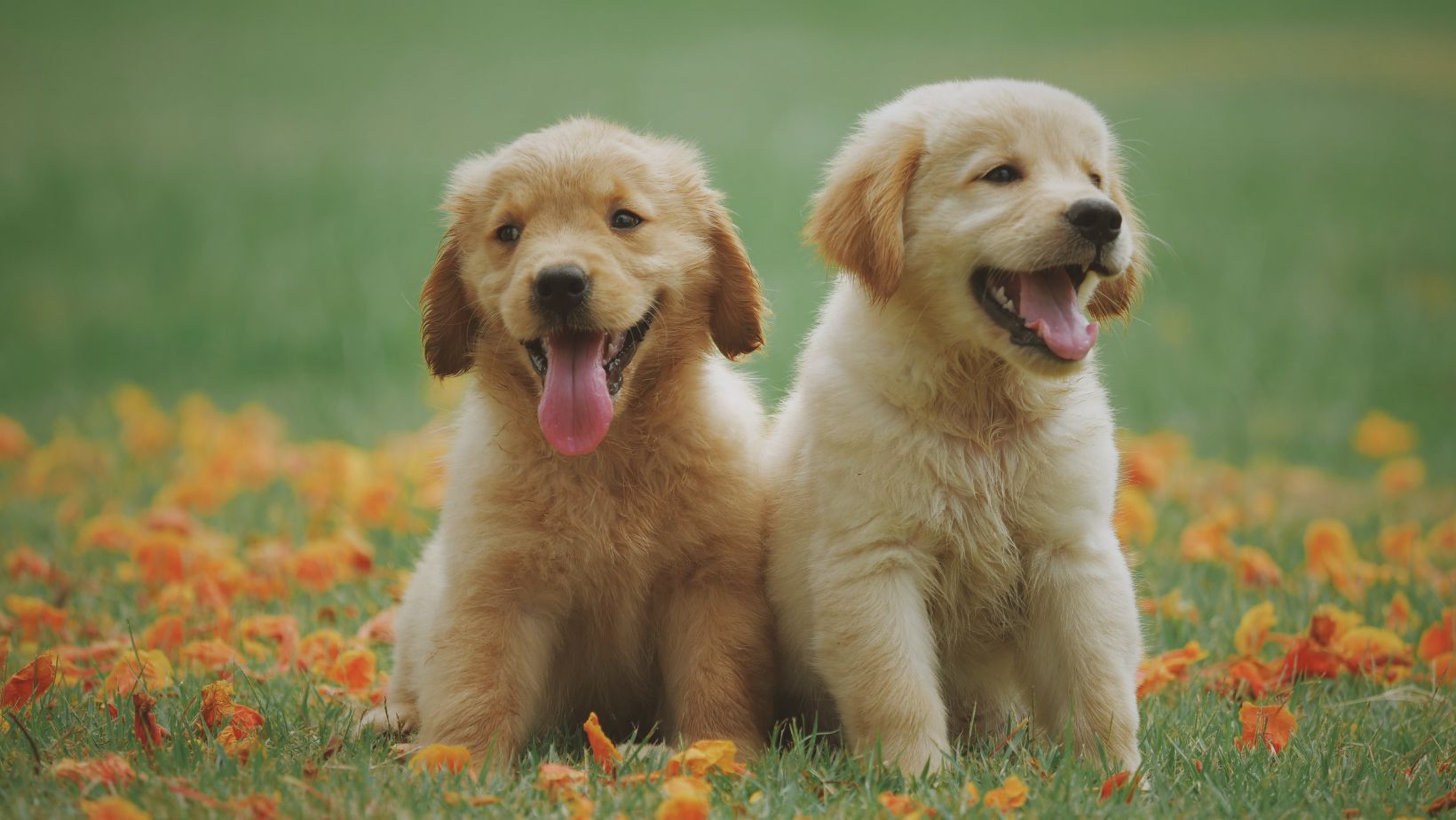How To Be Your Dogs Best Friend
Are you wondering how to be your dog’s best friend? Look no further! As a proud owner of a lovable Labrador, I’ve learned a thing or two about fostering a strong bond with our furry companions. In this article, I’ll share some valuable tips and insights on how to cultivate that special friendship with your four-legged buddy.
First and foremost, it’s crucial to prioritise quality time together. Dogs thrive on attention and affection, so make sure you set aside dedicated moments throughout the day for playtime, cuddles, and engaging activities. Whether it’s going for long walks in the park or simply engaging in interactive games at home, these shared experiences will strengthen the bond between you and your Labrador.
Additionally, training plays an integral role in building trust and respect. Teaching your dog basic commands such as sit, stay, and come not only ensures their safety but also establishes you as a reliable leader. Positive reinforcement techniques like treats and praise go a long way in motivating your Labrador to learn new skills while reinforcing your position as their trusted companion.
By investing time, love, and consistent effort into understanding your Labrador’s needs and nurturing their well-being, you can truly become their best friend. So let’s dive into the exciting world of canine companionship together – where wagging tails and endless loyalty await!

Understanding Your Dog’s Behavior
When it comes to being your dog’s best friend, understanding their behavior is key. As a proud owner of a Labrador, I’ve learned that every dog has their own unique personality and instincts. Here are some insights into decoding your furry friend’s behavior:
- Body Language: Dogs communicate through body language, so it’s important to pay attention to their cues. A wagging tail doesn’t always mean they’re happy; the position and speed of the wag can indicate excitement, fear, or even aggression. Similarly, flattened ears or a tucked tail may suggest anxiety or submission.
- Socialisation: Dogs are social animals and thrive on interaction with humans and other dogs. Proper socialisation from an early age helps them develop confidence and positive behavior traits. Expose your dog to various environments, people, and situations to ensure they feel comfortable in different settings.
- Barking: Barking is natural for dogs as it serves as a means of communication. However, excessive barking can be problematic for both you and your neighbours. Address the underlying cause such as boredom, fear, or separation anxiety by providing mental stimulation through toys, regular exercise, and training.
- Chewing: Puppies often chew as part of their teething process or out of curiosity. However, even adult dogs may chew due to stress or boredom. To prevent destructive chewing habits, provide appropriate chew toys and redirect their focus when they start chewing on inappropriate items.
- Aggression: Aggression in dogs should never be taken lightly but rather addressed with caution and professional guidance if necessary. It can stem from fear, territoriality, resource guarding or lack of proper socialisation during puppyhood.
- Training: Training not only teaches obedience but also strengthens the bond between you and your dog while stimulating their mind. Positive reinforcement techniques such as rewards-based training using treats or praise can be highly effective. Consistency and patience are key to successful training.
Remember, every dog is an individual, so what works for one may not work for another. Take the time to observe, understand, and cater to your Labrador’s specific needs. Building a strong foundation of trust and communication is essential in becoming their best friend and forging a lifelong connection.
So let’s embrace this journey together and create an unbreakable bond with our loyal companions!